
Pediatric Pain and Opioid Education for the Inpatient Provider
Current Status
Price
Get Started
Course Credit
The following credits are available for this course:
| AMA PRA Category 1 Credits™ (MD, DO, NP, PA) | 3 hours |
| Risk Management Credits | 3 hours |
| American Academy of Physician Assistants (AAPA) Category 1 CME Credits | 3 hours |
| Contact Hours (Nurse) | 3 hours |
| CPE Credits (Pharmacist) | 3 hours |
MOC credit is also available for this course, for the boards of Pediatrics, Internal Medicine, and Anesthesia. To claim MOC credit, please email CMEdepartment@childrens.harvard.edu and provide your the board and number, along with your birth month and year.
Note: a course evaluation is required to receive credit for this course.
Description
This course provides education about pediatric pain management aimed for healthcare professionals working in the inpatient setting. This course describes how to observe, assess, and treat pain for pediatric patients and children with medical complexity, including the comparison of different pain syndromes and their respective prescribing practices. This course will also highlight the management of various pain syndromes with nonpharmacologic and pharmacologic therapies. The course will take approximately 3 hours to complete. The Pain Series is funded through the generosity of the MAYDAY Fund, which has, over the years, supported investigators and projects that have dramatically improved the pain management of children throughout the world.
Learning Objectives
At the conclusion of this educational program, learners will be able to:
- Describe pain mechanisms and pain syndromes and how they can inform appropriate treatment options
- Describe nonpharmacologic and pharmacologic therapies that can be incorporated in a comprehensive pain management plan
- Discuss characteristics of opioids and their role in pediatric pain management
- Describe best practices for prescribing, administration, and storage of opioids to ensure safe and effective pain management
- Identify evidence-based tools for the recognition, evaluation, and management of pediatric pain
Course Directors

David Casavant, MD
Senior Associate in Critical Care Medicine
Department of Anesthesiology, Critical Care and Pain Medicine
Boston Children’s Hospital
Assistant Professor of Anesthesia, Harvard Medical School
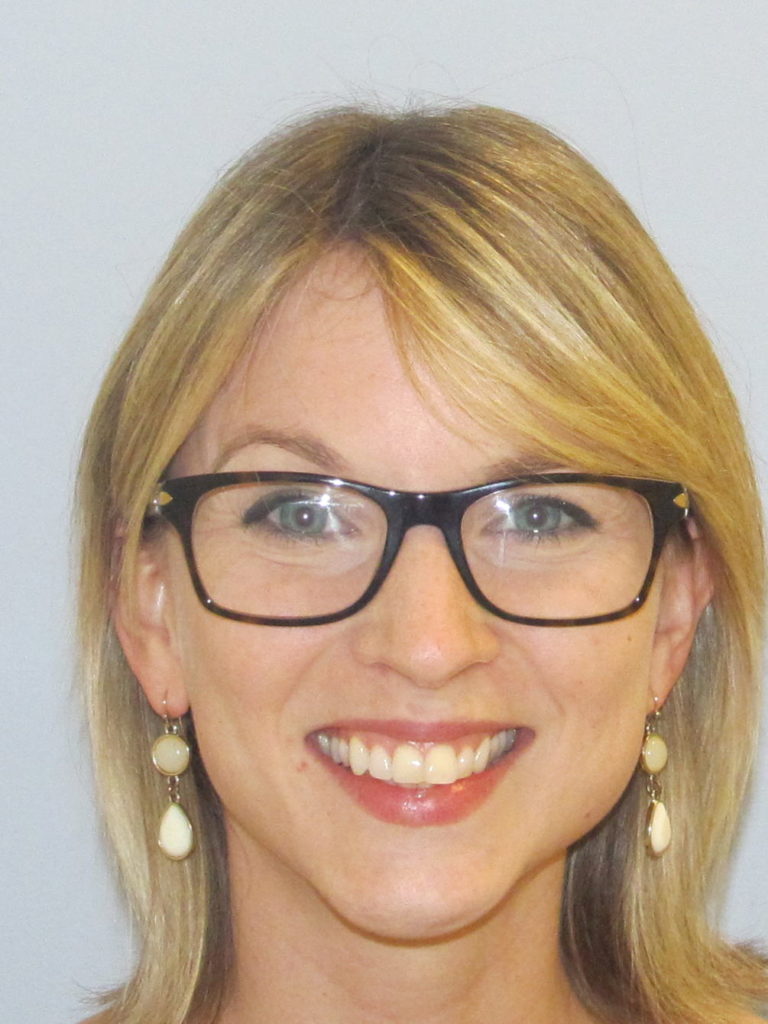
Kathleen Huth, MD, MMSc, FRCPC
Pediatrician & Director of Ambulatory Quality Improvement, Complex Care Service
Program Director, Complex Care Fellowship
Boston Children’s Hospital
Assistant Professor of Pediatrics, Harvard Medical School
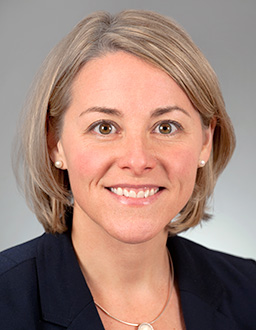
Traci Wolbrink, MD, MPH
Co-Director, OPENPediatrics; Senior Associate in Critical Care Medicine
Department of Anesthesiology, Critical Care and Pain Medicine
Boston Children’s Hospital
Associate Professor of Anesthesia, Harvard Medical School
Authors

David Casavant, MD
Senior Associate in Critical Care Medicine
Department of Anesthesiology, Critical Care and Pain Medicine
Boston Children’s Hospital
Assistant Professor of Anesthesia, Harvard Medical School

Charles Berde, MD, PhD
Senior Associate in Perioperative Anesthesia and Pain Medicine
Department of Anesthesia, Critical Care and Pain Medicine
Boston Children’s Hospital
Professor of Anesthesia (Pediatrics), Harvard Medical School

Sharon Levy, MD, MPH
Director, Adolescent Substance Abuse Program (ASAP)
Boston Children’s Hospital
Associated Professor in Pediatrics, Harvard Medical School
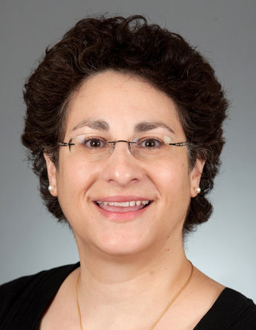
Jean Solodiuk, RN, PhD
Pediatric Nurse Practitioner/Nurse Manager/Nurse Scientist
Department of Anesthesiology, Critical Care and Pain Medicine
Boston Children’s Hospital
Instructor of Anesthesia, Harvard Medical School

Clifford Woolf, MB, BCh, PhD
Director, F.M. Kirby Neurobiology Center Center
Boston Children’s Hospital
Professor of Neurology and Neurobiology, Harvard Medical School
Disclosures
Boston Children’s Hospital adheres to all ACCME Essential Areas, Standards, and Policies. It is Boston Children’s policy that those who have influenced the content of a CME activity (e.g. planners, faculty, authors, reviewers and others) disclose all relevant financial relationships with commercial entities so that Boston Children’s may identify and resolve any conflicts of interest prior to the activity. These disclosures will be provided in the activity materials along with disclosure of any commercial support received for the activity. Additionally, faculty members have been instructed to disclose any limitations of data and unlabeled or investigational uses of products during their presentations.
The following planners, speakers, and content reviewers, on behalf of themselves, have reported the following relevant financial relationships with any entity producing, marketing, reselling, or distributing health care goods or services consumed by, or used on patients:
| Clifford Woolf, MB, BCh, PhD: | Nocion Therapeutics – Founder |
| Charles Berde, MD, BCh, PhD: | Latigo Biotherapeutics – Research Support; Akelos, Inc. – Scientific Advisory Board |
| David Casavant, MD: | None |
| Charles Berde, MD, PhD: | None |
| Sharon Levy, MD, MPH: | None |
| Traci Wolbrink, MD, MPH: | None |
| Jean Soloduik, RN, PhD: | None |
| Bianca Quiñones-Pérez, MD: | None |
Commercial and Financial Support
This program was made possible in part through the support of the Mayday Fund.
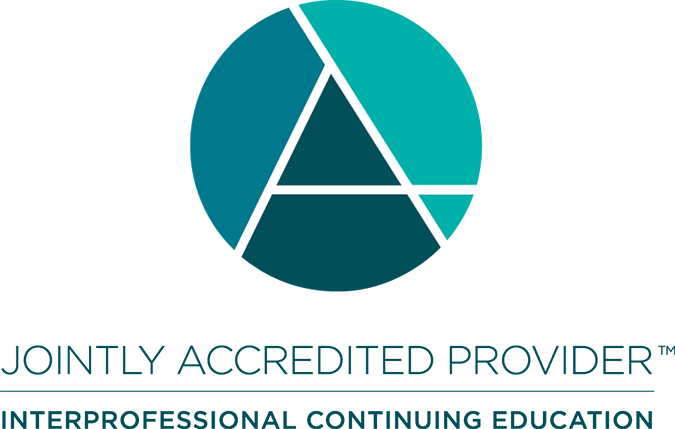
In support of improving patient care, Boston Children’s Hospital is jointly accredited by the Accreditation Council for Continuing Medical Education (ACCME), the Accreditation Council for Pharmacy Education (ACPE), and the American Nurses Credentialing Center (ANCC), to provide continuing education for the healthcare team.
Physician
Boston Children’s Hospital designates this live activity for a maximum of 3.00 AMA PRA Category 1 Credits ™. Physicians should claim only credit commensurate with the extent of their participation in this activity. AAPA accepts AMA category 1 credit for the PRA from organizations accredited by ACCME.
RISK MANAGEMENT
This activity meets the requirements for 3.00 Risk Management Credits as proscribed by the Massachusetts Board of Registration in Medicine and defined in 243 CMR 2.06(5)(d) I. Please check your individual state licensing board requirements before claiming these credits.
MOC PART II
AMERICAN BOARD OF PEDIATRICS
Successful completion of this CME activity, which includes participation in the activity, with individual assessments of the participant and feedback to the participant, enables the participant to earn 3.00 MOC points in the American Board of Pediatrics’ (ABP) Maintenance of Certification (MOC) program. It is the CME activity provider’s responsibility to submit participant completion information to ACCME for the purpose of granting ABP MOC credit.
AMERICAN BOARD OF INTERNAL MEDICINE
Successful completion of this CME activity, which includes participation in the evaluation component, enables the participant to earn up to 3.00 MOC points in the American Board of Internal Medicine’s (ABIM) Maintenance of Certification (MOC) program. Participants will earn MOC points equivalent to the amount of CME credits claimed for the activity. It is the CME activity provider’s responsibility to submit participant completion information to ACCME for the purpose of granting ABIM MOC credit.
AMERICAN BOARD OF ANESTHESIOLOGY
Successful completion of this CME activity, which includes participation in the activity, with individual assessment of the participant and feedback to the participant, enables the participant to earn 3.00 MOC points with the American Board of Anesthesiology Maintenance of Certification in Anesthesiology Program® (MOCA®). It is the CME activity provider’s responsibility to submit participant completion information to ACCME for the purpose of granting ABP MOC credit.
Nurse
Boston Children’s Hospital designates this activity for 3.00 contact hours for nurses. Nurses should only claim credit commensurate with the extent of their participation in the activity.
Physician Assistant
Boston Children’s Hospital has been authorized by the American Academy of PAs (AAPA) to award AAPA Category 1 CME credits for activities planned in accordance with AAPA CME Criteria. This activity is designated for 3.00 AAPA Category 1 CME credits. PAs should only claim credit commensurate with the extent of their participation.
Pharmacy
This activity carries a maximum of 3.00 contact hours. Pharmacists should only claim credit commensurate with the extent of their participation in the activity.
Please see the FAQs below for common questions about how to work through a course. If you have a question or issue that is not addressed in the FAQ, please use this form to submit a help request, or, if your issue is urgent, call the CME office at: 617-919-9908.
How do I navigate this course? This course has two modules: the Lesson module contains the course content. The Evaluation module contains the course evaluation, which must be completed in order to receive credit. You can navigate the lesson content in any order you like, but you must complete all of the lessons in before you can access the evaluation. Use the breadcrumbs at the top of any course page to orient yourself within a course, or return to a previous course section or the main course page. Select the links in the table of contents to access the course modules. The table of contents can be accessed in two ways: How do I claim credit? Available credits for this course are displayed on the course home page. Select only those credits that apply to your profession, and click/tap “Apply Selection.” You may make your selection at any point while you are taking the course, or after you have completed it. FOR MOC credit, email the CME department at CMEdepartment@childrens.harvard.edu How do I download a certificate? There are two ways to view/download your certificate: from within the course or from the course listing under your profile (select the document icon). In either case, you must have selected at least one available course credit type to generate a certificate. How do I view/print my transcript? You must be logged in to view your transcript. Select My Profile at the top of the page. If you do not see the transcript selector, be sure the Courses tab is selected. Select the type of credit and dates to include in your credit report. To include all credits from all time, leave the options blank. Select Download Transcript to view/download your transcript. Note each credit type in your transcripts starts a new page. How do I request a refund?How do navigate this course?
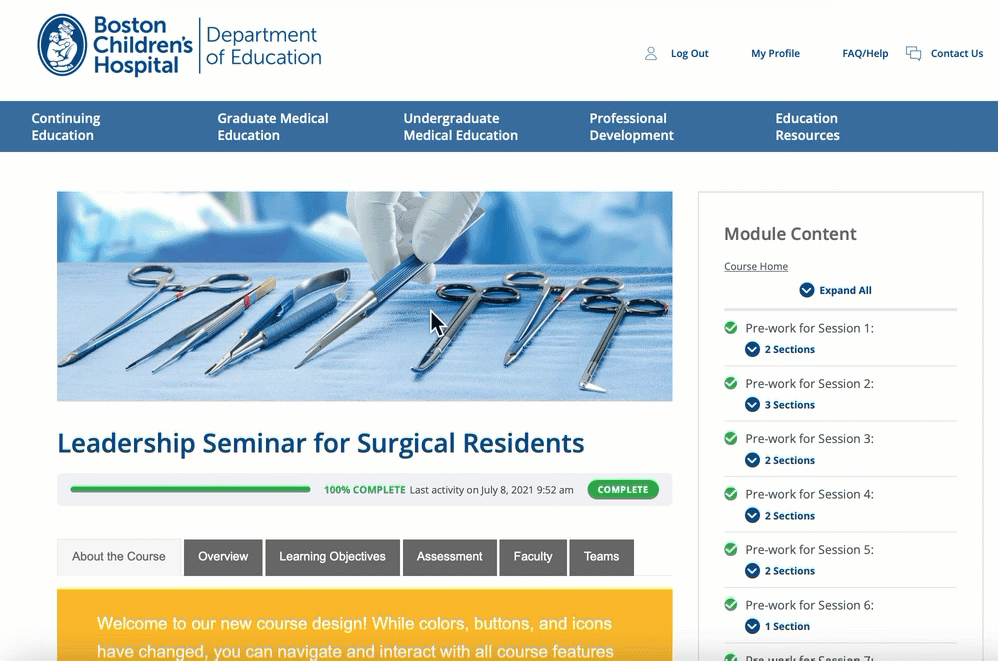
How do I claim credit for this course?
How do I download a certificate?
How do I view/print my transcript?
How do I request a refund?
